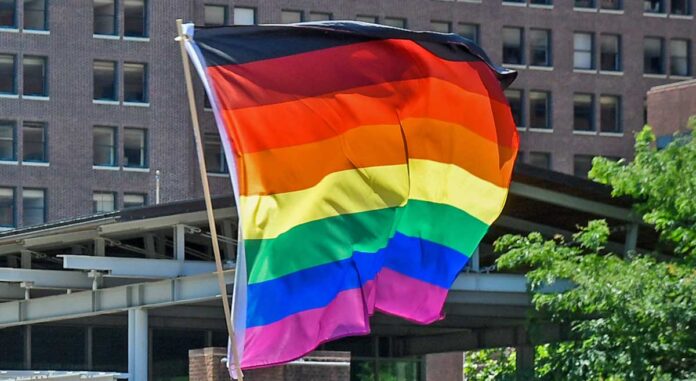Putting on a Pride celebration is not easy. It takes time, money, good organization, and collaboration with the local government and local LGBTQ community. With larger cities such as Philadelphia, those things are required in even greater volume. For much of the ‘80’s, as different groups hosted different events, Philadelphia didn’t even have a Pride parade.
With those facts in mind, I think most if not all of us in the community understood the incredible undertaking that PHL Pride Collective (PPC) signed up for last summer. It is no simple task to build a new Pride organization from the ground up. We understood that, as with any new organization, there would be a period of soul searching, of finding its way. The way that Philly Pride Presents abruptly disbanded without any sharing of resources also made things harder for PPC.
But now that we’re 90 days away from Pride weekend, we need to see at least some guidance about what is going to happen in Philadelphia on June 3-5. Even tentative guidance (considering the tenuousness of Covid) would be helpful, especially relating to the following questions.
What is the plan of events?
Is the plan to have a march? If so, what is the proposed route? Is the plan to have a festival or a speak-out? If so, what is the location? These questions are vital not only to people who want to attend, but also to local businesses who want to plan their own events during the weekend. Even if the exact routes and locations are not known yet, the community should at least get a heads up about what is being planned and for when.
How is the fundraising going?
Funding for Pride, in every city, is complicated. Oftentimes any revenue leftover from the current Pride year goes towards paying for the next year. Funding for a Pride organization’s first year is even more difficult. The PPC GoFundMe shows a total of $1,260 raised.
Crowdfunding for Pride was always going to be a tall order, especially for an organization that people do not know much about, including whether or not they can deliver on as large a scale as a Philadelphia Pride event. (In October, PHL Pride Collective said they were going to have a public meeting to share who they are and what their plans were for this year. As far as we know, such a meeting never happened.)
People want to know what they’re donating to. One drawback of not having a schedule yet is that potential funders don’t know what type of event they would be supporting, whether a political march, a parade, a festival, or something else. It’s hard, especially for organizations, to commit money to an undefined event.
Some cities around the world have received grants for their Pride events. Others have corporate sponsorship. One of the collective’s points of unity is that “Pride must be about community and not big corporations“ and that the organization will “strive to not accept money” from such corporations.
It’s possible to have a Pride march without corporate sponsorship; Reclaim Pride in New York has proved as much. But Reclaim Pride had to spend more than $1,260 (much more, actually) for their march. With 90 days left, the question of how to pay for things is an important one.
How will participants’ safety be ensured?
Another of PHL Pride Collective’s points of unity is that the group will not allow law enforcement to take part in any Pride event. There are some Pride celebrations around the country who use private security (though such security, just like utilizing police, costs money). Doing a march through the city without security would be another exceedingly difficult order. The safety of participants has to be guaranteed.
There are many more questions that people likely have, but those three are a good starting point. Hopefully we’ll get some guidance on them soon. Pride celebrations, at least those serving large cities, cannot be done at the last minute. They require planning; they require money; they require partnerships with organizations who want to work together; they require compromise.
But most of all, Pride events require buy in from the community. There is no Pride without people to participate. Of course, different people want different things from Pride. Some want to make a political statement; some want to have fun with friends; some want to be around other LGBTQ people without fear of harassment; some want to do all those things.
It’s truly difficult — actually, it is impossible — to create a Pride that pleases everybody. But Pride should go on nonetheless.
The bottom line is this: we need to hear what PHL Pride Collective is planning for June. We need to know who they are and how they are building partnerships which will help Pride return. We need to know what their reimagining of Pride is going to look like. Until we hear from them, it’s hard to imagine what Philadelphia Pride will be in 2022 and going forward.

